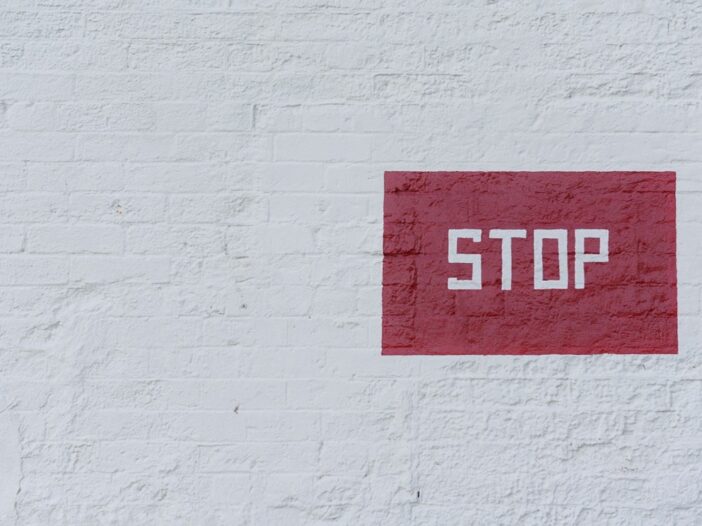
Most people approved for Social Security Disability Insurance (SSDI) receive their benefits for years. However, the Social Security Administration (SSA) suspends benefits occasionally when certain circumstances apply.
If you’re applying for SSDI benefits or receiving them, it is important to know what could make SSA stop benefits. Let’s start with the most common reason SSA stops benefits.
Return to Work
To receive Social Security Disability Insurance (SSDI), an individual must pay enough in taxes. Someone who has not worked long enough, or recent enough, to have sufficient “work credits” is not eligible for SSDI.
The SSDI program helps people who cannot work. There are some cases where you can work and receive benefits but those are limited.
If you receive benefits and return to work, SSDI will first determine if your work is considered “substantial gainful activity.” They will usually do this by looking at how much you earn to see if it is below the limit. In 2025, the SGA monthly limit is $1,620. As an example, if you make $200 per week doing part-time work, you are not working over the SGA limit. Earning below $1,620 per month isn’t the only rule. If you work a lot of hours but don’t earn $1,620 per month, SSA can determine that you are participating in SGA. Then, they willl stop your benefits.
There is an exception to this rule called the “trial work period” or TWP. This period of time allows someone who is currently receiving SSDI benefits to attempt to return to work without automatically losing their SSDI eligibility. In most cases, you can work for up to nine months during your trial work period without causing your SSDI benefits to stop. When the TWP ends, if you are still working and making over the SGA level, you will not be considered disabled. Then, your Social Security payments will stop.
Next, we’ll discuss the other reasons SSDI stops benefits.
Reaching Retirement Age
Once you reach full retirement age (currently 66), your disability benefits stop.
Under the current rules, you cannot receive Social Security retirement benefits and Social Security disability benefits.
Incarceration
Incarcerated persons do not receive disability benefits. If you have been incarcerated for 30 days or more, SSA suspends your benefits. If you participate in a rehabilitation program, your benefits may not stop. Benefits can begin again upon your release.
In addition, if you are a felon, benefits can be stopped even if you haven’t been incarcerated. Misdemeanors do not affect your SSDI benefits unless you’re sent to jail for a month or more.
If your disability benefits stop, you should contact your local Social Security Office. Alternatively, you can contact the representative who helped you apply for disability. They will help you navigate the best next steps for your claim.



